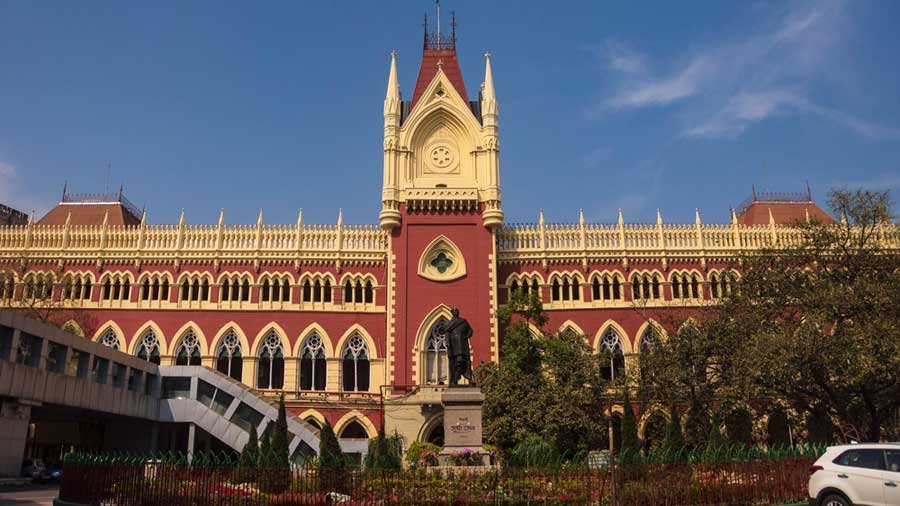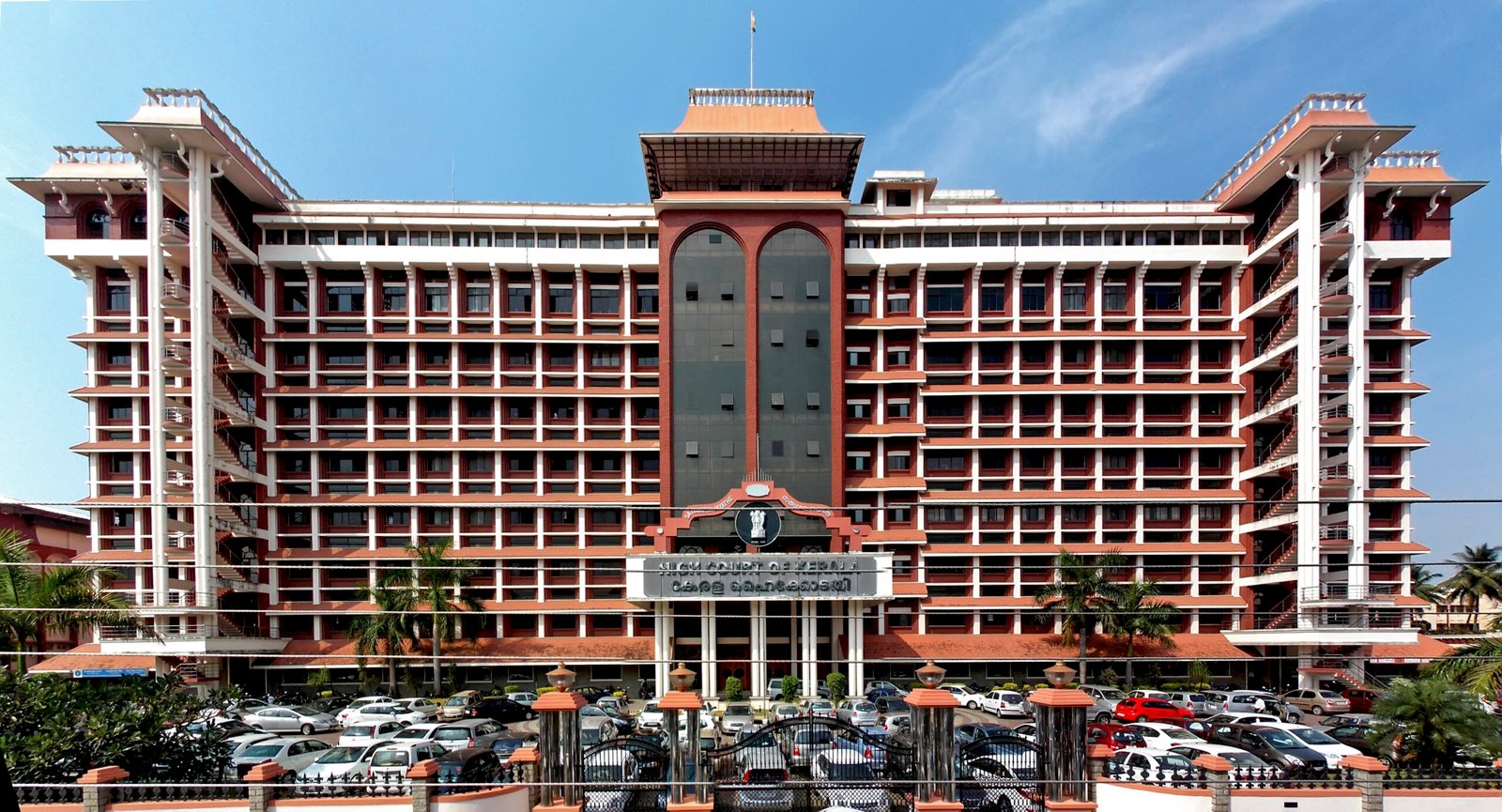On Tuesday, the Supreme Court denied a petition that sought to remove West Bengal Chief Minister Mamata Banerjee from office in response to the rape and murder of a resident doctor at Kolkata’s RG Kar Hospital. [Re: Alleged Rape and Murder Incident of a Trainee Doctor at RG Kar Medical College and Hospital, Kolkata and Related Issues]
The plea was strongly rejected by a Bench of Chief Justice of India (CJI) DY Chandrachud, Justices JB Pardiwala, and Manoj Misra. The lawyer in question was advised that he would be removed from the Court if he continued to consider it as a political platform.
“This is not a political forum alright. You are a member of the bar. We do not require your affirmation to what we say. What you say has to abide by rules of legal discipline. We are not here to see what you feel about a political functionary. Your interim application is not our remit. Look I am sorry else I will have you removed from this court”, CJI Chandrachud stated.
Tushar Mehta, the Solicitor General of India, also participated in the discussion and informed the bench that “this was not the platform” for petitions of this nature.
The Bench was hearing a suo motu case concerning the rape and murder of a 31-year-old resident doctor who was discovered deceased at the State-run RG Kar Medical College and Hospital in Kolkata, West Bengal.
The Court today conveyed apprehensions about the sluggish implementation of security measures in the medical colleges and hospitals of the State.
The Court remarked, “These girls joining the 45 medical colleges in the state are just out of 12th standard and are very young, are interns also. You must have police force in these 45 colleges. In RG Kar also the progress is slow. You sanctioned 415 additional CCTV cameras but only 36 installed.”
Senior Advocate Kapil Sibal, who represented the State of West Bengal, guaranteed that the matter would be resolved within two weeks.
Subsequently, the Court issued directives to guarantee that medical colleges’ infrastructure and safety protocols are enhanced.
The order noted, “In affidavit has been filed by state of West Bengal on behalf of State Health department, ensuring steps taken to upgrade duty rooms, rest rooms, toilet facilities, availability of CCTV cameras in govt medical colleges and hospitals across the State. The affidavit indicates that sanction has been granted to create additional infrastructure for safety”.
It then directed that a consultative process be implemented to upgrade the infrastructure and safety measures, and that principals from the relevant colleges/hospitals be involved in the process.
Context
The Court recorded in its order that, “Besides budgetary provisions it is stated work has commenced and that work shall be done in 7 to 14 days. we are of the view that consultative process is followed. Thus we have suggested to West Bengal that a team of collectors, DM of each district, superintendent of police, principal of the medical college/hospital, representative of senior and junior doctor must be associated with the process so that work being carried out to create duty rooms, toilet facilities and put CCTV cameras is readily looked into. State has agreed to this and assures that the work shall be completed in 2 weeks”.
On August 9, the doctor was discovered deceased in a seminar hall at the institution. The woman’s rape and homicide were verified through an autopsy.
The incident has prompted nationwide outrage and protests, with doctors in various regions of the country going on strike to demand stricter laws and policing to ensure the safety of medical professionals.
The Central Bureau of Investigation (CBI) is presently investigating the matter, following the transfer of the investigation from the Calcutta High Court to the central agency.
The suo motu case was subsequently initiated by the supreme court.
The top court had previously issued several directives regarding the matter, including the establishment of a National Task Force to investigate the safety and dignity of doctors and medical professionals, as well as to address gender-based violence and other issues related to the well-being and safety of medical professionals in the workplace.
The CBI was also directed by the Court to provide a status report on the case’s investigation.
It also directed the State of West Bengal to submit a status report regarding the investigation into the vandalism that occurred on the hospital’s premises and in the aftermath of the crime.
The Court had additionally directed that CISF security be implemented at RG Kar Medical College and Hospital.
Presenting today
The Court observed during the hearing today that the CBI had submitted a status report on the progress of the investigation into the case, and that its disclosure could potentially compromise the investigation.
Additionally, Solicitor General Tushar Mehta, who represented the CBI, stated that the agency has exercised extreme caution and that no action should be taken that would ultimately benefit the accused.
The Court subsequently stipulated in its order that no additional information regarding the investigation should be made public.
The order noted that, “We have explained that it would not be in interest of fair and complete investigation to disclose the leads being pursued by CBI which will lead to dislocation of investigation and tampering of evidence. All counsel have agreed to the fact that there needs not be any further disclosures in the public domain”.
The SG also noted that the identity of the deceased victim is listed on a Wikipedia page, and it is imperative that the page be removed.
The Court stated that it will specify in its order that the specifics must be eliminated.
The CBI and the State of West Bengal subsequently engaged in a debate regarding the extent to which the State had provided the CBI with the entirety of the CCTV footage.
Senior Advocates Kapil Sibal, who represented the State, maintained that the central agency has received all evidence.
“Is it your statement that no other footage remains with Kolkata police,” the Bench asked.
“Yes yes, nothing at all. All camera footages have been given. The cameras in RG Kar connected to 4 hard drives. And all 4 hard drives have been handed over,” Sibal contended.
The Court also stated in its order that the CBI should consider the inputs of the victim’s father.
The SG guaranteed that the same would be done.
The Bench noted in the order that, “We are of the view that inputs of the father should be taken into note by the CBI and SG assures that CBI shall maintain contact with parents and assuage genuine concerns about status of investigation.”
The assertion that the healthcare system in the State had collapsed as a result of physicians striking over the RG Kar incident was refuted by Senior Advocate Karuna Nundy, who was representing certain senior doctors.
she said that, “Some irresponsible statements were made during the last hearing. It was stated health care system is collapsing because doctors are not working. senior doctors are working double shifts and making it work. Demonising of doctors has to stop. We checked one death that happened and the reasons cited by them is false.”
Nundy also stated that the CBI has received personal assistance from physicians in the case.
“We have been assisting the CBI personally. We have given the SOP related to post mortem and large number of documents which needs to be taken into account and the financial irregularity case is inextricably linked to the rape and murder case,” Nundy continued.
Junior doctors were represented by Senior Advocate Indira Jaising, who stated that a settlement was reached between the State and junior doctors yesterday and that it should be documented.
“The junior docs were directed to go back to work and we want to do that,” she stated.
In the interim, it was noted that the State had implemented a regulation that prohibited female physicians from working at night.
The Court objected to this, asserting that it would constitute gender discrimination.
“How can that be? Women do not want concession but equal opportunities. Women doctors are willing to work in all conditions. they must work in all conditions. State of west bengal has to correct it. You cannot say that women doctors cannot work beyond 12 hour shift and not at night. Armed forces, etc all work at night which includes women,” the Court said.
The Court was assured by the State that the same would be reversed.
“On August 19, the State had passed a rule that women doctors shall not be employed at night or shift exceeding 12 hours. We find merit in the reservations expressed (about that rule). The basic purpose must be to ensure safety and security for all and women doctors don’t need special concession but safety and security for them to work and thus such conditions would impose obstacles in their medical career. Moreover, it would be inappropriate if women are given concession for hours of duty and it must be reasonable hours for all doctors. West Bengal has thus assured that any such conditions which cast cloud on basic premise of gender equality will not be implemented,” In its ruling, the Court stated.



